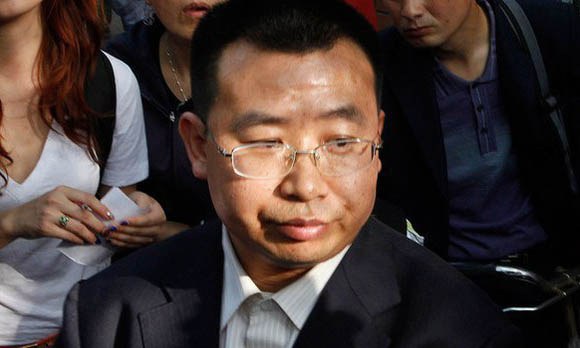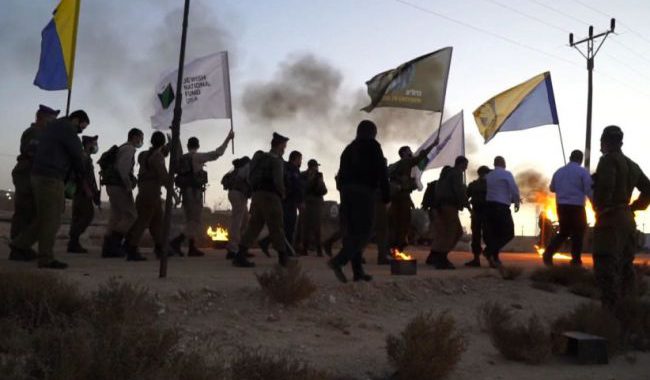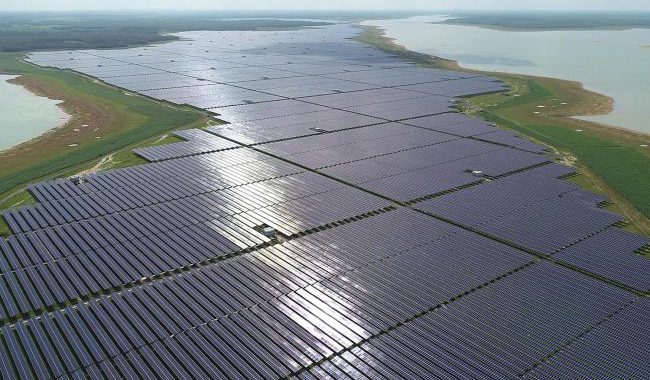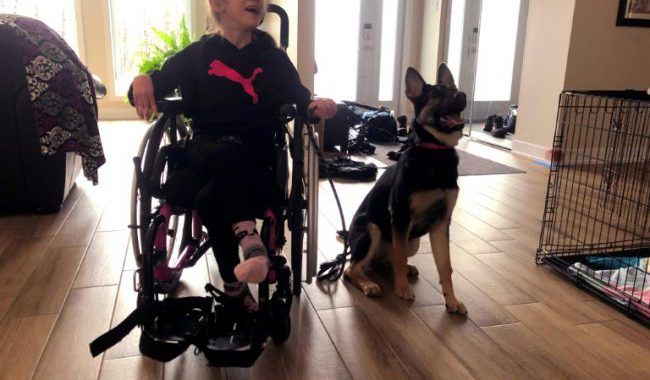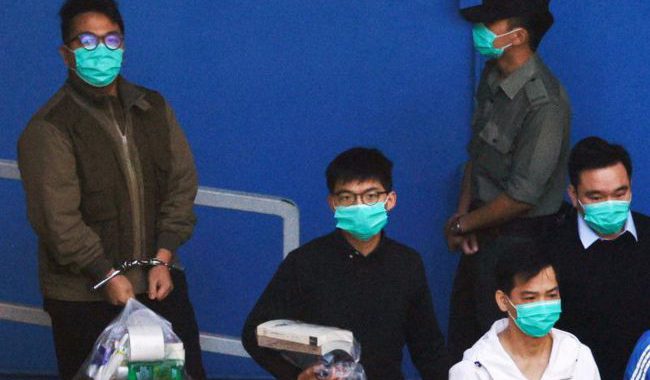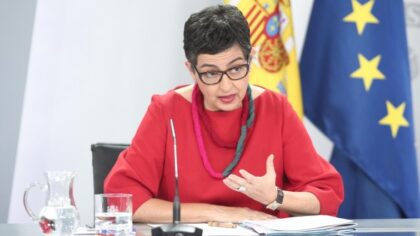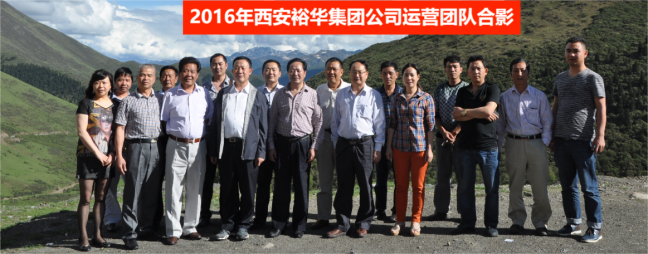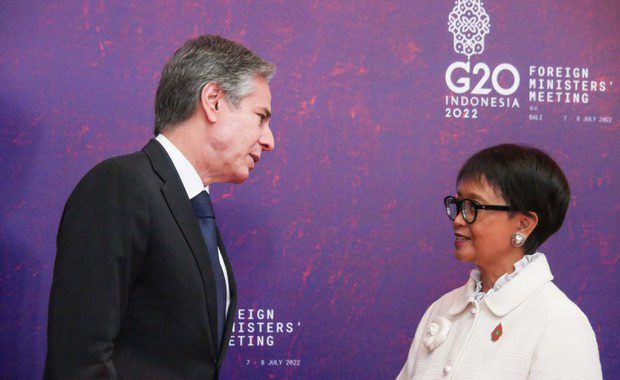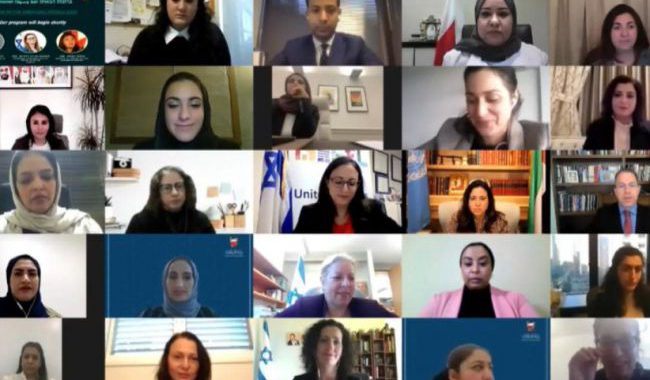Australians ‘abandoned not stranded’ by cap on flight arrivals, families say

Federal politicians have been berated for “abandoning” Australian citizens overseas during the coronavirus pandemic with witnesses telling a Senate inquiry government ministers had “shamefully washed their hands” of those unable to return.
Melbourne woman Peta Stoyanovich-Kristie broke down in tears on Thursday when explaining the situation of her 79-year-old mother-in-law, Stanika, and husband, Luke. They are stuck in Serbia, where Luke flew with a valid exit exemption after his father died in July.
Stoyanovich-Kristie said Australia’s caps on international arrivals meant citizens had been “abandoned … not stranded”.
“I’ve always felt confident in travelling overseas knowing that we’re Australian, that we’ll be looked after if anything untoward happens to us. I’m shattered by the loss of this confidence,” she told the upper house Covid inquiry. “How am I supposed to instill a sense of national pride for my children and friends … when you so poorly let us down?”
Stoyanovich-Kristie said the Australian government had “shamefully washed their hands of those citizens to commercial enterprise”. “It’s just unimaginable,” she said.
Related: ‘Shattered, heartbroken, financially ruined’: stranded Australians plead for help
The committee heard from eight Australians either stranded overseas or affected by the caps. There are 26,800 Australians struggling to return home.
Several are so desperate to return home they would be willing to wear tracking ankle bracelets to enforce home quarantine if that gave authorities the confidence to increase the arrival caps.
The head of the Australian Border Force, Michael Outram, told the inquiry that since hotel quarantine began approximately 25% of those detained were not Australian citizens or residents.
The secretary of the immigration department, Michael Pezzullo, admitted that non-Australians who are given business, innovation and investment visas do not require individual exemptions from the ABF and could be taking up quarantine places and seats from Australian citizens and permanent residents.
Despite federal and state leaders agreeing to increase arrival caps at last week’s national cabinet from 4,000 to 6,000 weekly arrivals, the committee heard Australians were still facing cancelled flights that had been rescheduled into 2021.
Since arrival caps were introduced in July to ease pressure on hotel quarantine, flights have been landing in Australia with fewer than 30 passengers, and sometimes only four economy passengers.
Frustrated airlines have acknowledged they are cancelling economy, and increasingly business class tickets, so they can prioritise more expensive passengers to remain profitable.
Fiona Wright, an Australian citizen stranded in India, on Thursday said she had tried for “weeks and weeks” to register with the government without success. She believes the figure for the number of stranded Australians does not reflect reality.
Stephanie Foster, a deputy secretary in the prime minister’s department, told the inquiry she was not aware of Scott Morrison making requests to repurpose commonwealth properties for quarantine purposes.
Related: Australians stranded overseas willing to wear ankle bracelets while quarantining to return home
The federal opposition and state governments including Western Australia have previously called for federal quarantine facilities to be used to boost the caps. That includes the Howard Springs camp in the Northern Territory used to quarantine Australians evacuated from Wuhan and the Diamond Princess cruise ship earlier in the pandemic.
Lachlan Colquhoun, a first assistant secretary within the Department of the Prime Minister and Cabinet, told the committee the constraint was in the availability of health personnel for quarantine, saying the 935 defence force personnel, and Ausmat and Aspen medical teams, were exhausted on state health initiatives.
However, when asked if the department had gone to the market seeking additional healthcare professionals for quarantine, Foster said she was not aware of the department doing so.
Simon Duggan, another deputy secretary in the department, told the committee there were approximately 20,000 spare seats of capacity on commercial flights that land in Australia each week, and that calls for charter and RAAF flights would not help repatriate Australians stranded by arrival caps.
After hearing the answers from the Department of the Prime Minister and Cabinet, Katy Gallagher, the Labor senator who chairs the committee, accused the federal government of “buck-passing” and said their answers had indicated the commonwealth was in a position to increase quarantine capacity without relying on states.
“He’s the prime minister, what’s the plan?” Gallagher said.
The committee also heard Australian families stranded overseas are being told by travel agents and airlines that sending their children back to Australia unattended could be a solution to get them home sooner.
The advice was allegedly given to Deanne Vowels – whose family’s flights home have been repeatedly cancelled since April – as a way of bypassing the impact of Australia’s cap on arrivals. Unaccompanied minors do not count towards an airline’s limit.
Her family of seven has been stranded in London since March. She said the Australian high commission in the UK appeared to be unclear how this exemption worked and advised her to start up a crowdfunding campaign.
Vowels spoke with Guardian Australia in August about how her family has been forced to live in a trailer in London.
On Thursday, she said “we may lose our homes, our jobs and everything due to a single policy” of capping arrivals into Australia. She said the government’s response to dealing with stranded Australians “feels like a long-term boyfriend cheating on me” and that the government had “dumped me”.
“If you can get high paying actors and politicians and cricket players … and even lobsters in and out of Australia, surely you can get hardworking, good working [citizens] home.”
The secretary of the department of foreign affairs, Frances Adamson, told the inquiry it was the number of quarantine places that was to blame not seats on planes.
Pezzullo and Outram were questioned by the Labor frontbencher Kristina Keneally on the exemptions for business and innovation visas.
Outram said that the visa, known as the 188 subclass, granted an exemption to enter Australia to all holders, and did not require individual exemptions from the ABF. He could not say when the policy was introduced and took the question on notice.
Keneally said the visa had only been added to the home affairs website on 19 September, but Pezzullo said it could have become “operative guidance” earlier although he could not say when.
Outram said that “internal” policy changes could happen without it being put on the website.

